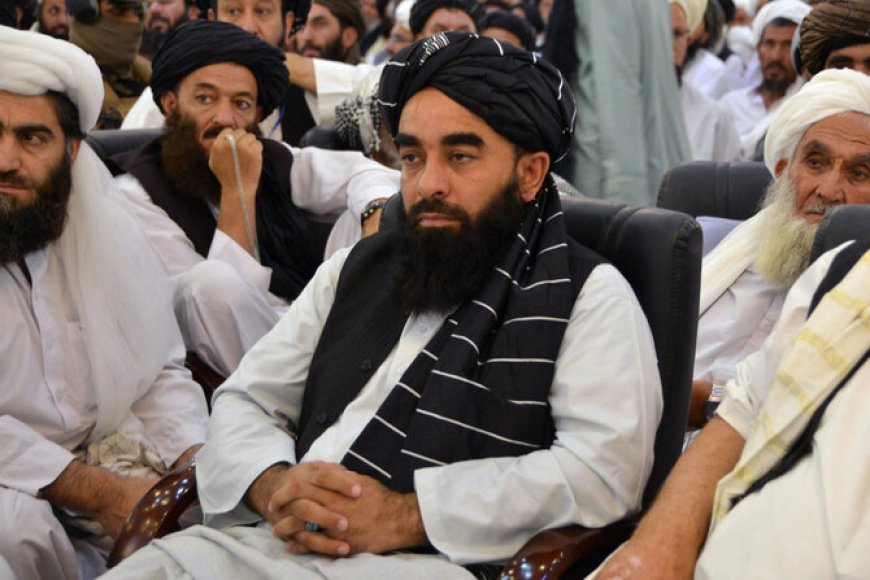Taliban’s Battle with Daesh Opens Doors for Foreign Cooperation Amid Complex Dynamics
As Afghanistan grapples with a growing international threat from the Islamic State Khorasan (IS-K), an offshoot of Daesh, the Taliban government is finding itself in an unexpected position:

As Afghanistan grapples with a growing international threat from the Islamic State Khorasan (IS-K), an offshoot of Daesh, the Taliban government is finding itself in an unexpected position: potential cooperation with foreign powers, including Western nations. Despite the strained relations between the Taliban and much of the international community due to their austere governance and curtailment of women's rights, the fight against IS-K presents a rare opportunity for collaboration, though fraught with challenges.
The Taliban, having declared security as its top priority after their takeover of Afghanistan three years ago, has been struggling to contain IS-K, a group with ambitions of establishing a global Islamic caliphate. IS-K came into the global spotlight during the 2021 U.S. evacuation from Kabul, orchestrating a deadly bombing that killed 170 Afghans and 13 U.S. troops. Since then, IS-K has shifted its focus internationally, staging high-profile attacks, including bombings in Russia and Iran, posing a broader security threat.
In light of this, intelligence sharing and behind-the-scenes cooperation between the Taliban and foreign nations—who also view IS-K as a severe danger—have quietly emerged. A 2023 UN Security Council report confirmed that the Taliban had reached out for intelligence and logistical support to combat IS-K, offering themselves as a counter-terrorism partner. Graeme Smith of the International Crisis Group noted, “Western intelligence officials have told me that cooperation with the Taliban against IS-K is ongoing, including the sharing of targeting information that allows the Taliban to take lethal action against terrorists.”
This collaboration, however, presents significant complications. While the Taliban government has shown success in reducing IS-K's domestic activity, the group's recruitment in Central Asia and its deadly international operations remain concerning. Moscow, which has faced recent attacks on its soil, has softened its stance towards the Taliban, with Russian officials declaring the Taliban an ally in the fight against terrorism. Russia’s ambassador to Afghanistan, Dmitry Zhirnov, in a notable shift, stated, “The Taliban certainly are our allies in the fight against terrorism... They are working to eradicate terrorist cells.”
Yet, the international community remains hesitant. While IS-K poses an immediate threat, the Taliban's alleged ties to groups like Al-Qaeda and the Pakistani Taliban raise ethical and strategic concerns about full cooperation. Amira Jadoon, an expert on IS-K from Clemson University, highlights that while the common enemy of IS-K opens some doors for collaboration, "cooperation would likely be limited, indirect, and focused strictly on the IS-K threat, balancing the need to address this emerging danger against the significant ethical and strategic concerns of working with the Taliban regime."
Adding to the complexity, IS-K continues to recruit from disaffected Taliban members, making the group's internal operations all the more difficult to combat. Furthermore, U.S. military leaders, like General Michael Kurilla, warn that IS-K retains the capability to launch attacks on U.S. and Western interests in as little as six months. These dire assessments reinforce the global imperative to address IS-K's growing menace, even if it means finding common ground with an uneasy partner like the Taliban.
While combating IS-K presents an avenue for foreign powers and the Taliban to align on security interests, it remains a delicate dance. The risks of indirectly empowering other extremist groups, or stoking further instability, keep these alliances fragile. Still, as IS-K plots grow more ambitious, the pressure for international cooperation—however limited or indirect—will likely increase, shaping a new dimension in global counter-terrorism efforts.













































